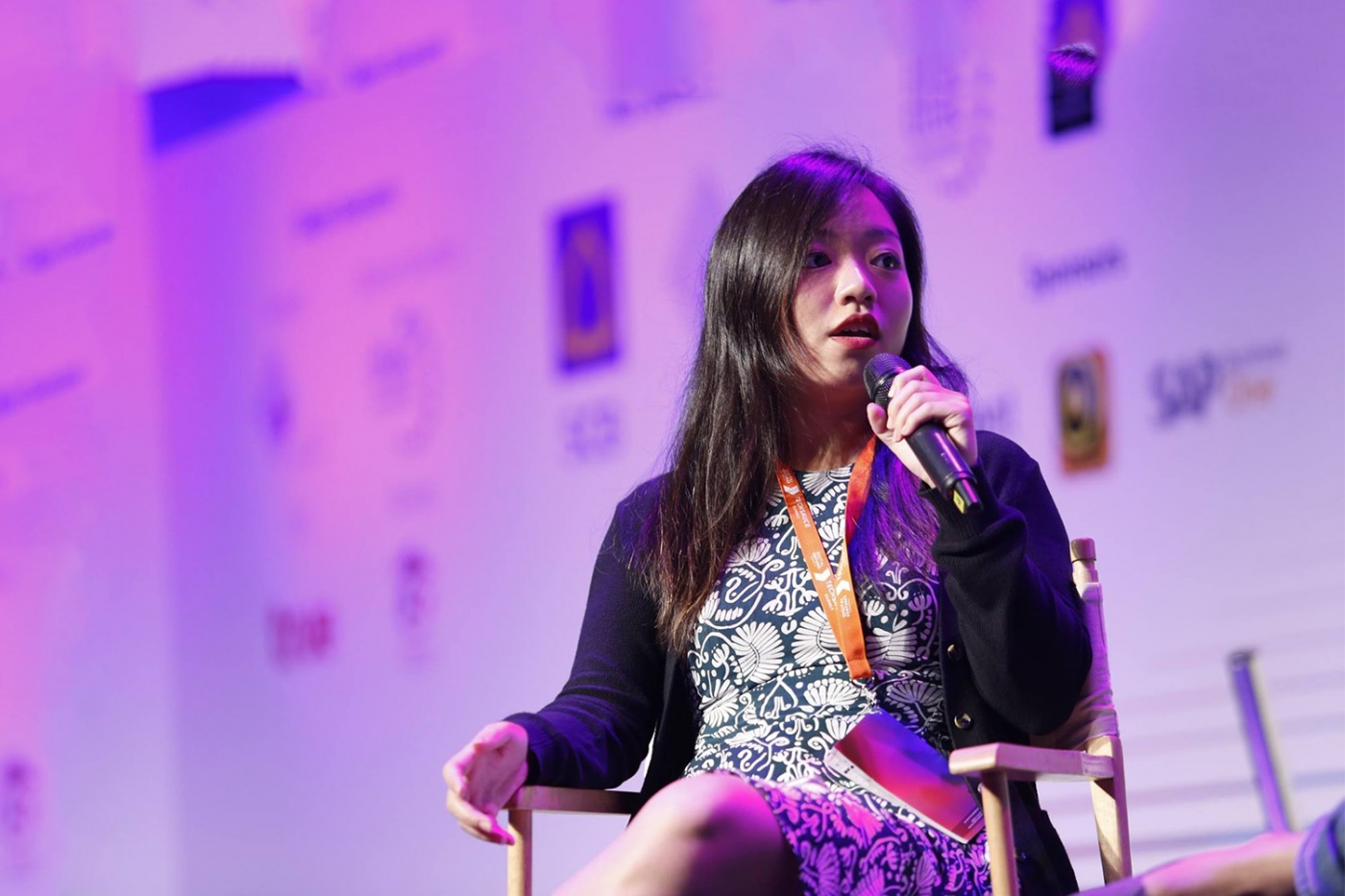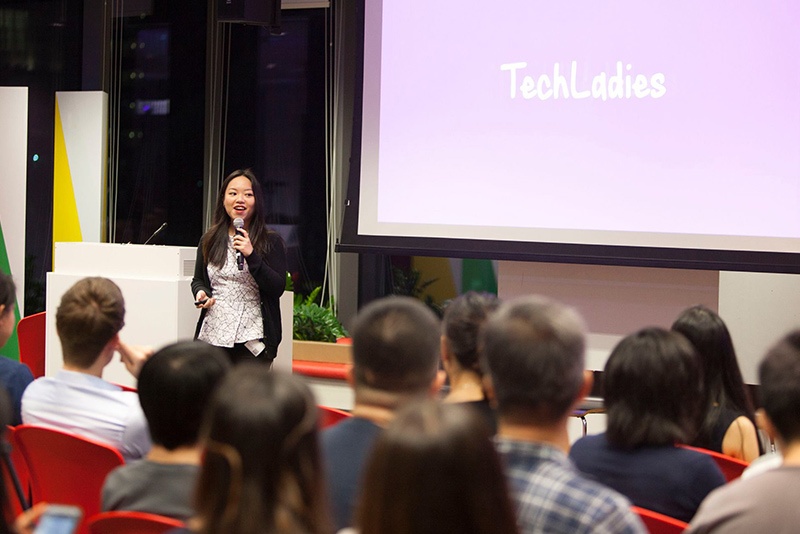Stories of Resilience: Elisha Tan
Editor’s Note: In this series, we explore how resilience shapes a person’s character, how it affects our emotional and psychological state and if there are times when we become more resilient to challenges, setbacks and failures.
****
When Wy-Lene approached me to write an article on resilience, I struggled to find how it was relevant to me. I wondered: What is resilience? And when did I demonstrate resilience?
Was it the time when I picked up programming because I couldn’t find a tech co-founder? Back in 2010, I had just graduated from college with a degree in psychology and decided to pursue entrepreneurship with my own start-up called Learnemy. Having absolutely zero background in programming, I sought but failed to find a tech co-founder. I remember receiving unkind comments on my blog or through hearsay that all I did was talk about my startup, without taking any action to get anything off the ground.
Out of frustration due to the lack of technical help, I decided to learn how to code to get something out. And I did. Deep diving into a new industry where I didn’t speak the language and didn’t look like a typical developer was difficult. Gradually, I gained enough skill on my own to create simple prototypes to test the market demand, and later managed to outsource the product. Looking back, did I show some form of resilience?
Or was resilience how I struggled as a sole founder for 3 to 4 years? While learning to code, I was exposed to the wonders of programming and also, just how kind and helpful the tech community is. It was with their support that Learnemy launched to great fanfare and garnered media coverage. But the public image of success was not the whole truth.
I struggled with getting user traction for 3 to 4 years. I had difficulties in distribution and retention, and tried multiple methods to turn things around. Despite my efforts, I could not get out of the rut that I was in. I moved to Silicon Valley, hoping that a new environment would help me to figure out the next step, but there, it simply became more obvious that my startup was a failure. With a grave heart, I had to come to terms with that reality.
Perhaps resilience was the period when I picked myself up after my start-up failed? Killing my start-up was the hardest thing I’ve ever had to do. I had tied my self-worth to the success of Learnemy, so much so that I couldn’t see how I could be without my start-up. But life had to go on… and what doesn’t kill you, only makes you stronger. Despite the painful journey, I walked away with a lifetime full of valuable learning experiences. I told myself: This is not the end—I shouldn’t place so much emphasis on failure.
I knew that there were still a lot of opportunities out there, and a few months later, I found a job at a start-up. That gave me the confidence to speak publicly about my failure at events such as F*ckUp Nights and Google Women TechMakers. It’s an easy task to stand in front of a crowd to talk about your strengths and triumphs—but to tell everyone about how you’ve failed, sure isn’t.
Being vulnerable in front of a crowd was one of the bravest things I’ve ever done. I was surprised by how much my story resonated with my peers, and that made me feel less alone. I thought things were looking up then, but I was wrong.
Was resilience the time I got fired from my first job after my startup, which led me to start TechLadies? In a cruel twist of fate, my newfound joy did not last. 5 months into my new role, I was asked to leave the company with just a week’s notice. I was devastated because it was my first step in getting my feet back on the ground. I felt like I just couldn’t catch a break. Ironically, the coping strategies that I learnt from the failure of my start-up, helped me through this setback.
I decided to use the time I had while job hunting to work on a passion project called TechLadies—a community-led initiative for women in Asia to connect, learn, and advance as programmers in the tech industry. Since our launch in 2016, we’ve met 984 ladies at our events, taught 311 ladies in Singapore and Malaysia how to code, and have seen 7 of them clinch technical internships or be hired as junior software engineers.
Perhaps the definition of resilience is in how I handled different failures at various stages of my life. I struggled with identifying points in my life where I’ve demonstrated resilience, because it’s not something I intentionally set out to embody or do. I simply had a goal that I wanted to achieve, and did my best to actualise it. At the end of the day, perhaps resilience is about developing mental strength and being able to take corrective action when one is down and out, at the crossroads of deciding whether a goal is worth the pain.
My entrepreneurial path has been different from what I imagined success to be when I started Learnemy, but I feel happy, challenged and fulfilled with my life.
There will always be unforeseen problems and pitfalls in life. Knowing that I have overcome adversity at different points, prepares me for what tomorrow may bring.



